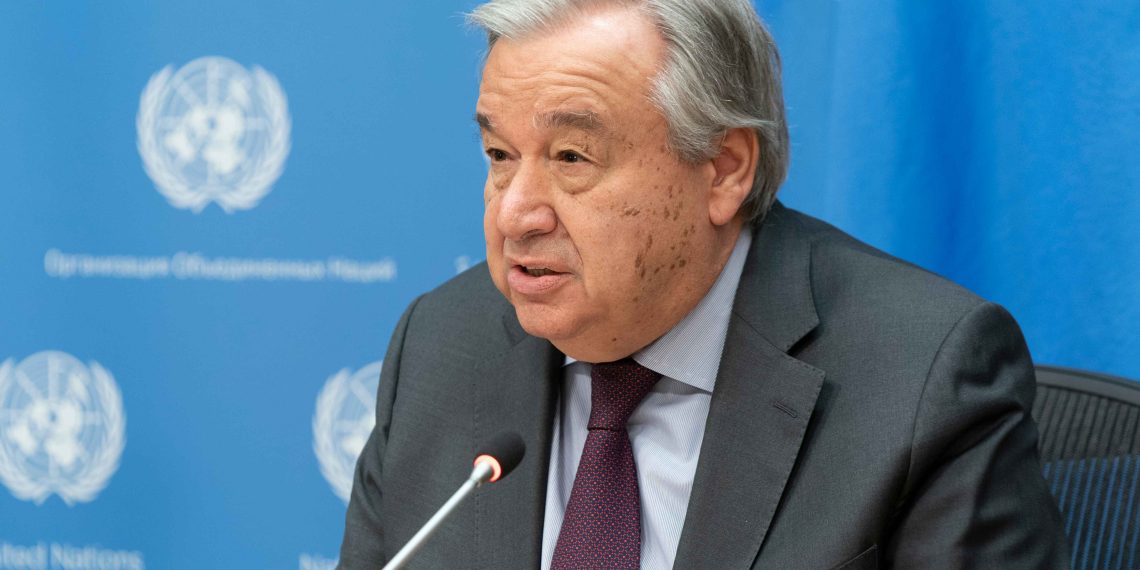The upcoming BRICS summit in Kazan, Russia, may see United Nations Secretary-General António Guterres in attendance, challenging the prevailing narrative of Russia’s diplomatic isolation following its full-scale invasion of Ukraine. Guterres, who has previously condemned Russia’s actions as a violation of international law, is expected to join leaders from over 25 countries at the summit on October 22-23, signaling a nuanced diplomatic stance amid ongoing tensions.
The UN chief’s decision to attend the summit appears at odds with the organization’s demands for Russia to “immediately cease its unlawful use of force against Ukraine” and respect the country’s sovereignty and territorial integrity. Critics argue that Guterres’ potential presence at the event may undermine the UN’s strong stance against Russia’s military actions, especially in light of Russia’s veto power on the UN Security Council, which has hindered decisive responses to the conflict.
The summit, hosted by Russian President Vladimir Putin, marks the most significant international gathering in Russia since the onset of the Ukraine war. As Western nations continue their efforts to isolate Moscow diplomatically, Putin aims to use the event to showcase Russia’s extensive international alliances and challenge perceptions of its isolation. With leaders such as Chinese President Xi Jinping and Indian Prime Minister Narendra Modi expected to attend, the summit underscores BRICS’ global reach, representing around half of the world’s population.
The potential visit comes in the context of Guterres’ absence from the 2024 Global Peace Summit for Ukraine in Switzerland, which was attended by 92 countries but notably excluded Russia. The UN’s perceived passivity in addressing the conflict, especially in not challenging Russia’s veto power more assertively, has drawn criticism from some quarters.
Adding to the controversy, Putin’s ability to travel internationally is restricted due to an International Criminal Court (ICC) arrest warrant, stemming from charges related to the unlawful deportation of Ukrainian children from occupied territories—a violation of international law. The warrant has also been issued for Maria Lvova-Belova, Russia’s Children’s Rights Commissioner, who is implicated in the deportations.
The BRICS alliance, composed of Brazil, Russia, India, China, and South Africa, aims to provide a counterbalance to Western-led institutions such as the IMF and World Bank. Its expansion has been a focal point of recent discussions, with Türkiye, a NATO member, applying to join the group in September as it seeks to diversify its international alliances. The inclusion of Türkiye would reflect the bloc’s growing influence as a platform for emerging economies to challenge the Western-dominated global order.
Whether Guterres ultimately confirms his attendance, the speculation around his visit has already sparked debate, illustrating the complex diplomatic landscape in which the UN and BRICS operate amid the ongoing geopolitical upheaval.





















